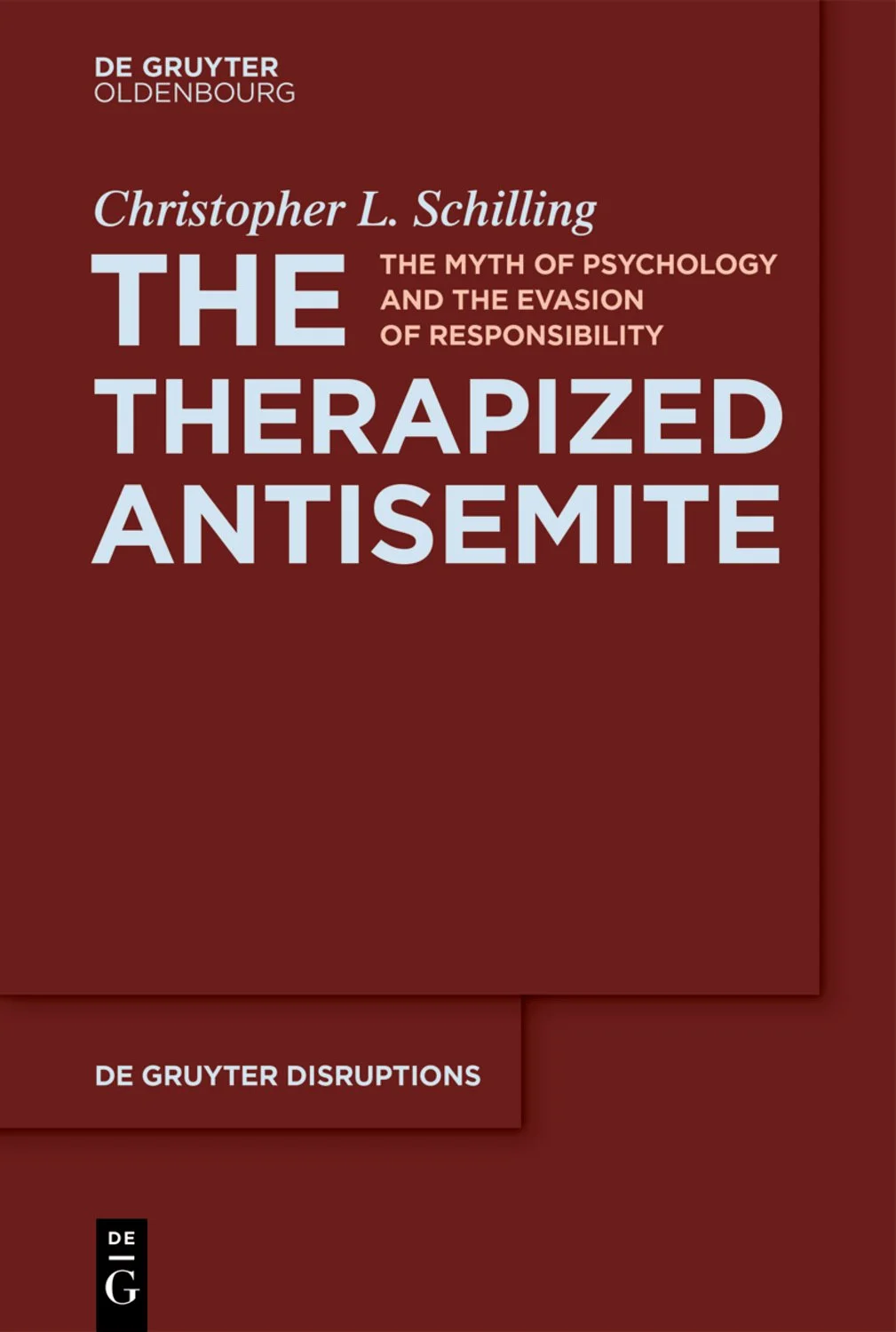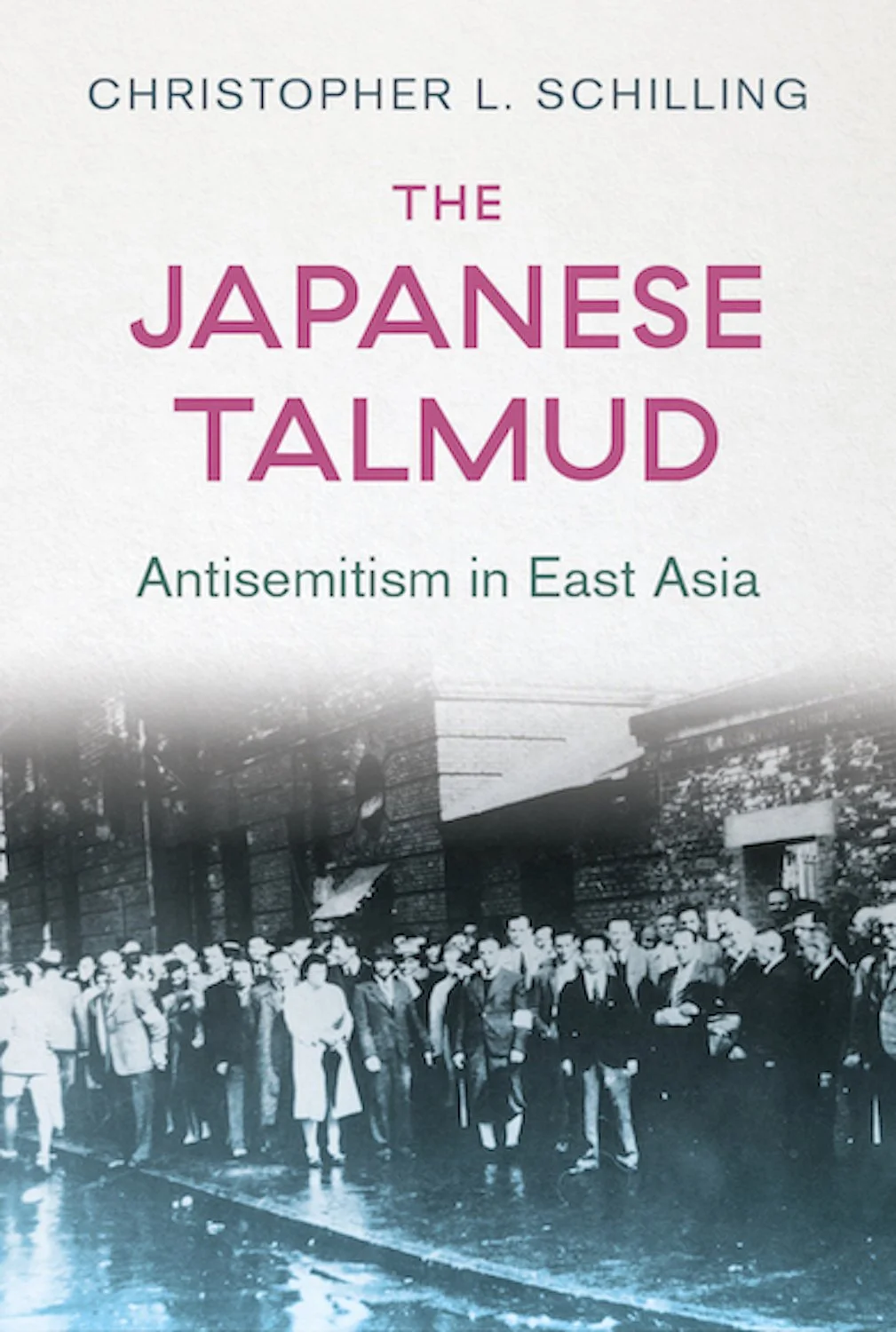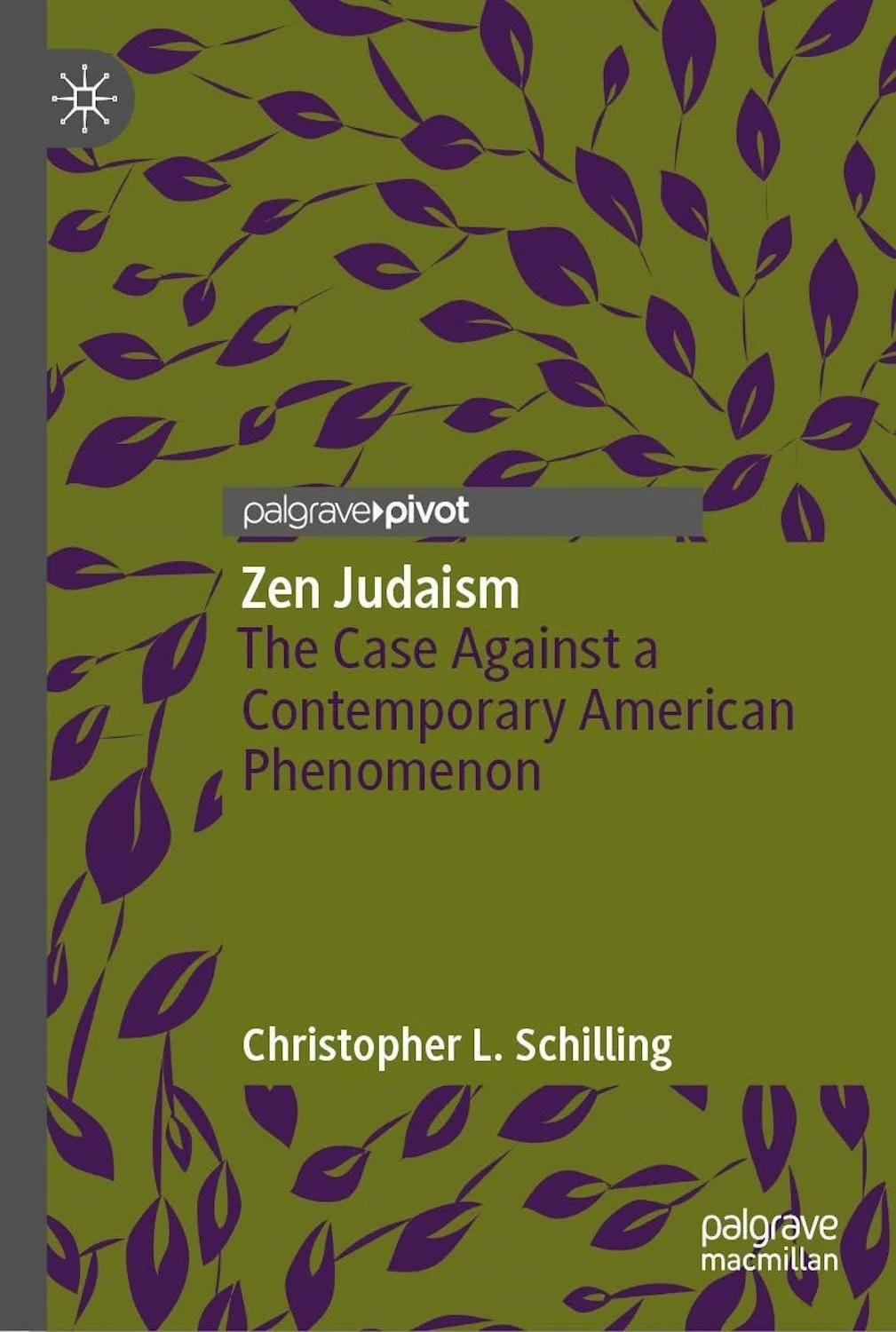Books
The Therapized Antisemite: The Myth of Psychology and the Evasion of Responsibility (De Gruyter, 2024)
‘Once in a time, there has to be ‘that book’, which calls the established narratives within a certain field into question. Written in a very lucid, thought-provoking language, and a ‘no-nonsense’ style, it opens up a debate that we were supposed to be having decades ago. Christopher L. Schilling is the kind of author you will feel honored to argue with in this debate. ‘
— Zbyněk Tarant, University of West Bohemia, Czech Republic
‘Christopher Schilling has written one of those very valuable ‘the emperor is wearing no clothes’ books. His The Therapized Antisemite aims at the absurd claims made by some psychologists that they have found the roots of antisemitism in the dark recesses of people's minds – recesses they know how to probe and illuminate. The book casts doubt not only on the current efforts at explaining antisemitism, but on psychology going back to its beginning. Skeptics will find much to savor in this book.’
— George Leef, Director of External Relations, James G. Martin Center for Academic Renewal, North Carolina
‘Chris Schilling's study provides important insight into the relationship between implementers of the Shoah and underlying patterns of severe psychological disturbance. This volume is important for those wishing to understand the psychological deformities which enabled the murderers to pursue their grisly task.’
— Alan L. Berger, Raddock Family Eminent Scholar Chair in Holocaust Studies; Director, Center for the Study of Values and Violence after Auschwitz, Florida Atlantic University
‘An extended legal brief concerning the usefulness of the discipline of psychology in understanding and coming to grips with antisemitism ... Schilling’s aim of rescuing the prospect of calling antisemitism evil and holding those who display it accountable is laudable.‘
— Journal of Modern Jewish Studies
‘I learned a great deal from Christopher L. Schilling’s book and found that he mustered convincing arguments and excellent research into an issue that is under-theorized and under-written.’
— Alexander Tsesis, D’Alemberte Chair in Constitutional Law, Professor of Law, Florida State University College of Law
‘An accessible, thought-provoking tome for antisemitism collections in both public and academic libraries.’
— Association of Jewish Libraries Reviews
‘I strongly recommend this short book to readers. The need to address antisemitism in the mental health professions, academia and society at large has never been more acute, and we need to be wary of smug generalizations, defensiveness and complacency in our ranks.‘
— Kesher: Journal of the Association of Jewish Psychologists
The Japanese Talmud: Antisemtism in East Asia (Hurst, 2023)
‘Schilling’s book is fascinating as it results in a new definition of antisemitism in this region, proposing an alternative approach to viewing and dealing with this phenomenon in East Asian societies. Schilling’s study expands the research on anti-semitism and makes a significant contribution to it. It also contributes to understanding the social, cultural, and historical characteristics of East Asian countries’
— Japanese Studies
‘The Japanese Talmud makes a significant contribution to the international study of antisemitism because, first, it establishes that prejudice against Jews can flourish clandestinely even in countries with few Jews. Second, Schilling may be one of the first authors to make a general distinction between the antisemitism of the West and East Asia [...] Schilling has indeed shown us a way forward.’
— Temenos: Nordic Journal of the Study of Religion
‘Truly insightful and thought-provoking. Tracing the origin and rise of the Talmud publications vogue in East Asia, this is a critical and novel analysis of contemporary attitudes toward Jews.’
— Rotem Kowner, Professor of Japanese Studies, University of Haifa, and editor of Jewish Communities in Modern Asia
‘The Japanese Talmud provides a significant contribution towards understanding the production of antisemitism through a more global lens. [...] Schilling covers an impressive array of issues, from education to commercialisation and the construction of memory. His focus on the iterations of the Talmud is particularly insightful [...] At a time when antisemitism is once again on the rise, Schilling’s book reminds us that confronting enduring tropes of Jewish power and influence requires engaging with and learning from these lesser-known global histories of Jewish stereotyping.’
— Jewish Culture and History
‘This wonderful, ground-breaking book uses a combination of case studies, theorising and cognitive science to investigate antisemitism’s co-existence with philosemitism in East Asian culture. Every serious scholar of antisemitism needs to read this original and important contribution to the literature.’
— Lesley Klaff, Editor-in-Chief, Journal of Contemporary Antisemitism
‘fascinating’ — Association of Jewish Refugees Journal
‘An important study not only of the East Asian manifestations of antisemitism and philosemitism, but also, especially via his notions of bisemitism and antisemitism as storytelling, perspectives that every student of antisemitism needs to at least consider. A useful contribution to combatting antisemitism.’
— Paul Hedges, Associate Professor in Interreligious Studies, Nanyang Technological University
‘thought provoking…highly original and interesting book…adds much to our knowledge of the topic as well as providing new insights and new ways in which to approach the problem of anti-Semitism not only in East Asia but in the rest of the world as well.’
— Asian Journal of Social Science
‘recommended for Judaica collections and public, synagogue, or academic libraries.’
— Association of Jewish Libraries Reviews
‘Schilling identifies a dualist attitude towards Jews, a combination of antisemitic notions and philosemitic attraction, which he calls bi-semitism ... of interest to all the laypeople genuinely keen to understand antisemitism in East Asia, a region where its presence has largely gone unnoticed.’
— Journal of Modern Jewish Studies
‘a useful resource for those who are interested in Jewish history in East Asia, and those who are interested in East Asian culture and thought in general … Schilling makes an important contribution to the study of antisemitism more broadly in his conceptualisation of antisemitism as a form of storytelling, rather than the notion that antisemitism is a disease.’
— Australian Journal of Jewish Studies
Zen Judaism: The Case Against a Contemporary American Phenomenon (Palgrave Macmillan, 2021)
Contemporary Judaism is transforming, especially in America, from a community experience to more of a do-it-yourself religion focused on the individual self. In this book Christopher L. Schilling offers a critique of this transformation. Schilling discusses problematic aspects of Jewish mindfulness meditation, and the relationship between Judaism and psychedelics, proceeding to explore the science behind these developments and the implications they have for Judaism.
Emotional State Theory: Friendship and Fear in Israeli Foreign Policy (Lexington Books, 2014)
‘Schilling’s theory of Israel’s emotional state is credible. It is backed by psychological and political evidence, and his research and explanations are very thorough. Schilling’s writing is exemplary. The book is easy to read, and his framework is easy to follow...‘
— International Social Science Review
‘Schilling’s research does contain insights that provide food for thought on some of the undercurrents affecting Israel’s foreign policy… Insofar as critical introspection is valuable for any state wishing to advance, refine, and calibrate its foreign policy to align optimally with its national interests, the points raised by Schilling’s exercise in ‘emotional therapy’ are useful and thought provoking…‘
— Israel Journal of Foreign Affairs



